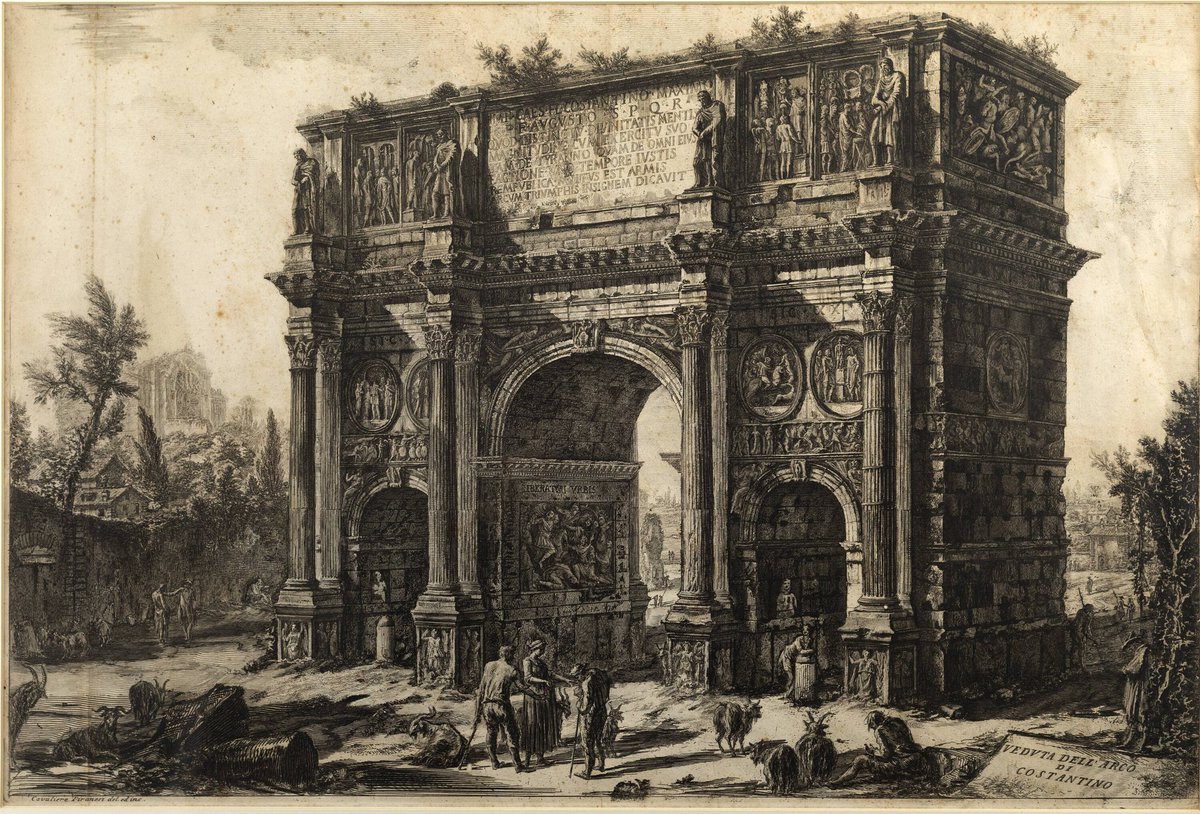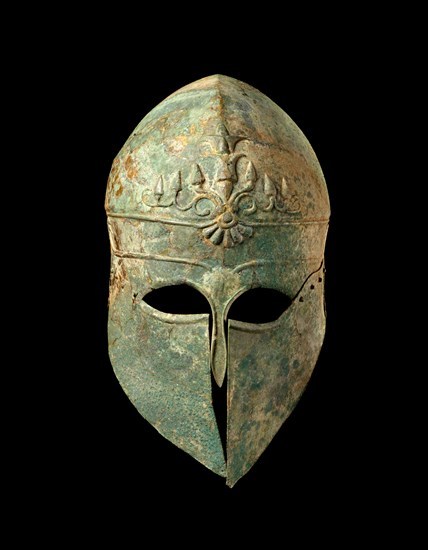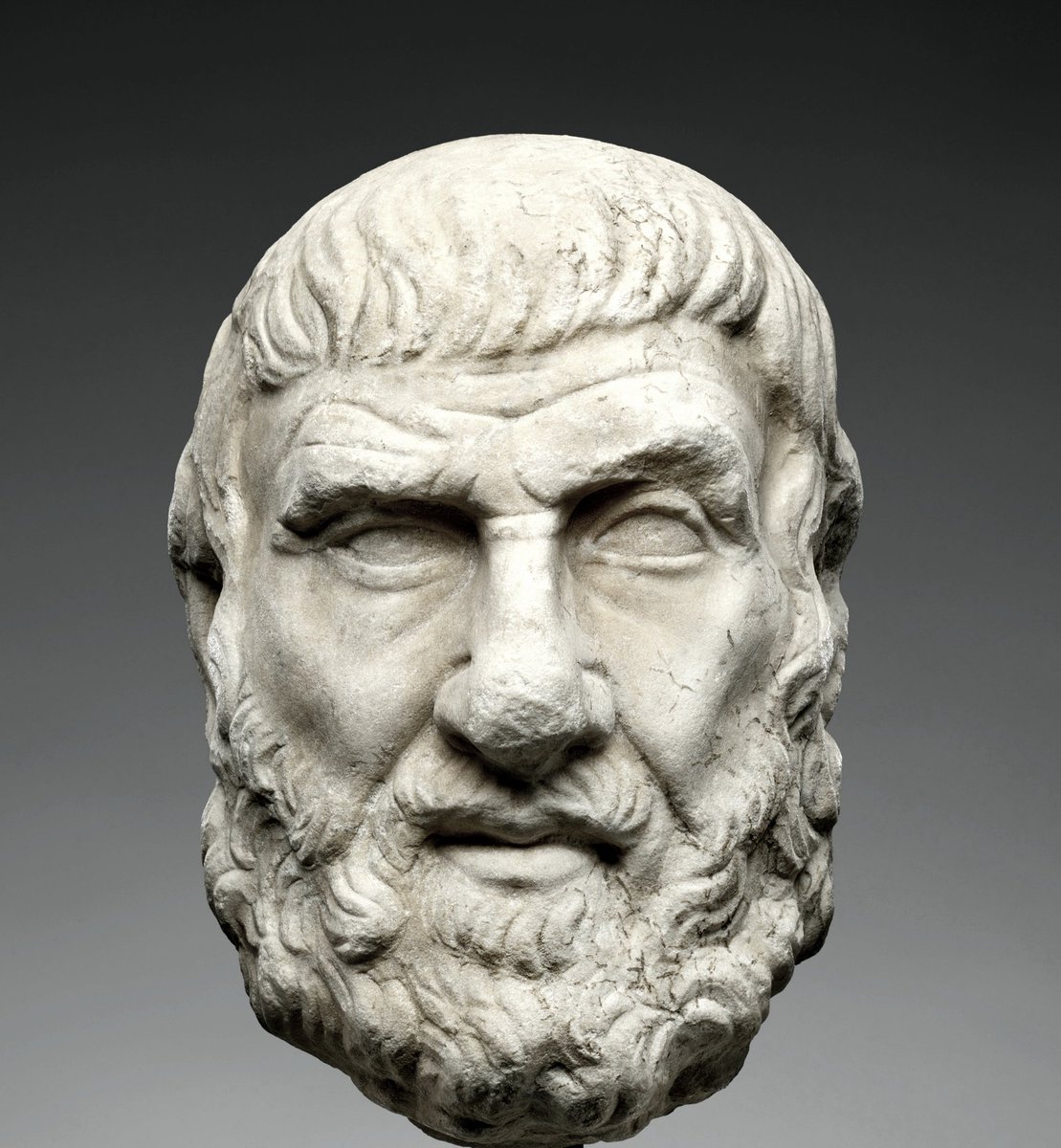
There's an epistemological link between memory and writing in ancient Greek authors.
One of the first examples is this vivid metaphor: "may you inscribe them (words) in the wax-tablets of your mind" used by Aeschylus in 'Prometheus Bound'
One of the first examples is this vivid metaphor: "may you inscribe them (words) in the wax-tablets of your mind" used by Aeschylus in 'Prometheus Bound'
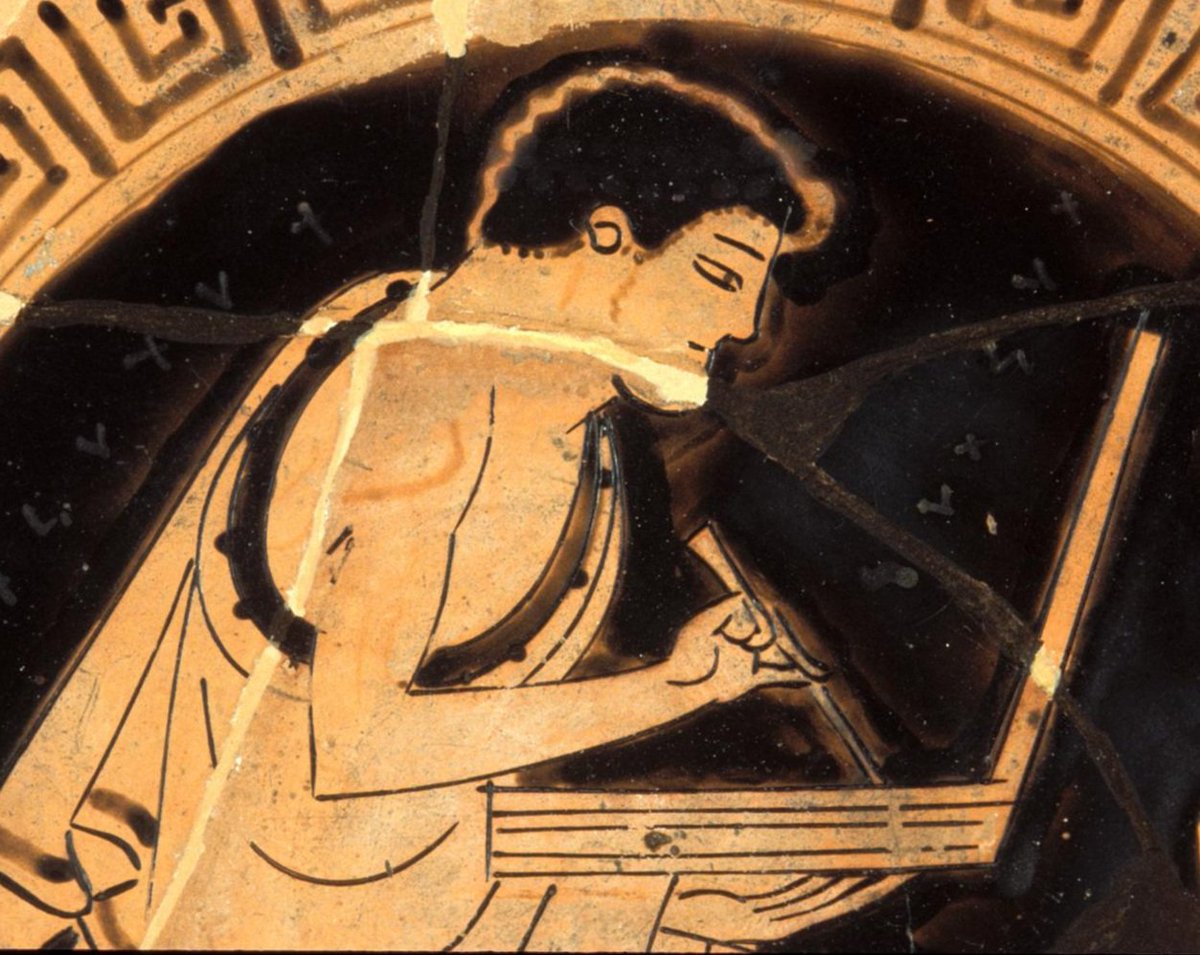
Red-figure Kylix depicting a sitting youth writing with a stilus on a folding-wax tablet (detail)-Greek ca.480 BC-the Eucharides Painter [1]
In Aeschylus' "The Libation Bearers", Electra tells her brother Orestes to remember their father’s sufferings.
Electra says, 'write it down in your mind’. ‘Yes, write it down’, sings the Chorus: ‘let the words pierce right through your ears to the calm abyss of the mind"
Electra says, 'write it down in your mind’. ‘Yes, write it down’, sings the Chorus: ‘let the words pierce right through your ears to the calm abyss of the mind"

Electra [Irene Papas] and her brother Orestes [Yannis Fertis] in Cacoyannis' film "Electra", 1962 [1]
In Plato's dialogue "Theaetetus",
Socrates seeks to answer what knowledge (episteme) is. He also uses the metaphor of likening memory (mnēmosúnē) to a block of wax where ideas & perceptions could be imprinted in your mind lastingly (knowledge) or erased into forgetfulness (lethe)
Socrates seeks to answer what knowledge (episteme) is. He also uses the metaphor of likening memory (mnēmosúnē) to a block of wax where ideas & perceptions could be imprinted in your mind lastingly (knowledge) or erased into forgetfulness (lethe)
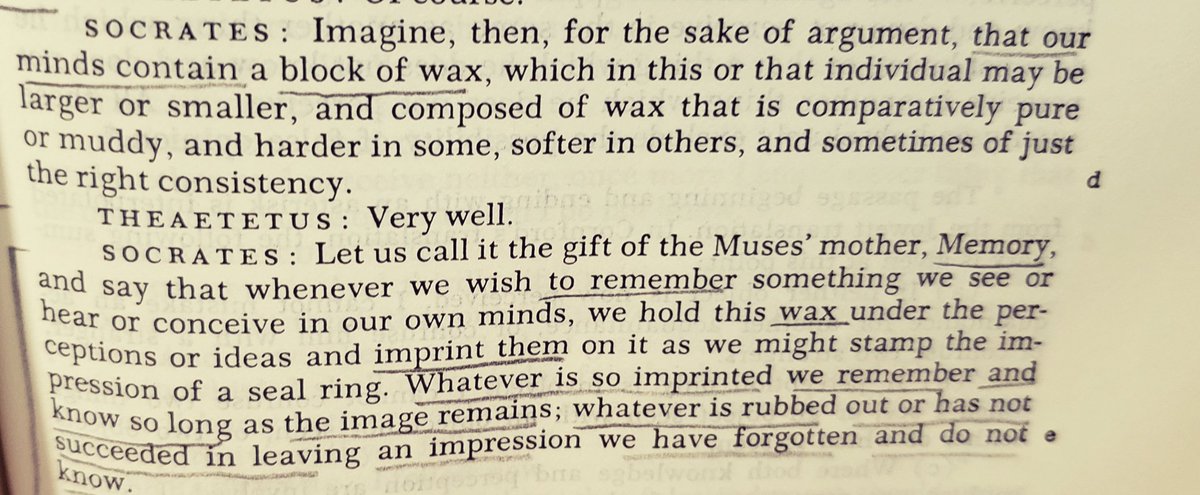
Aristotle also writes in his treatise De Anima ('On the Soul') of the thinking potentiality of the mind as an unscribed tablet ready to be written on with thoughts & perceptions. 

This ancient epistemological theory of the mind as an "unscribed wax-tablet" was later described by Locke as a 'tabula rasa' where our newborn minds are a blank slate ready to be empirically imprinted by perceptions, language & ideas. A free individual with a self-authored mind.
P.S. The Latin metonym 'vertere stilum' means 'to turn the stilus', (generally made of iron used by Romans for writing on wax tablets), i.e to erase with the stilus' broad upper end what has been written (make wax smooth), meaning to correct or even to change your opinion. 
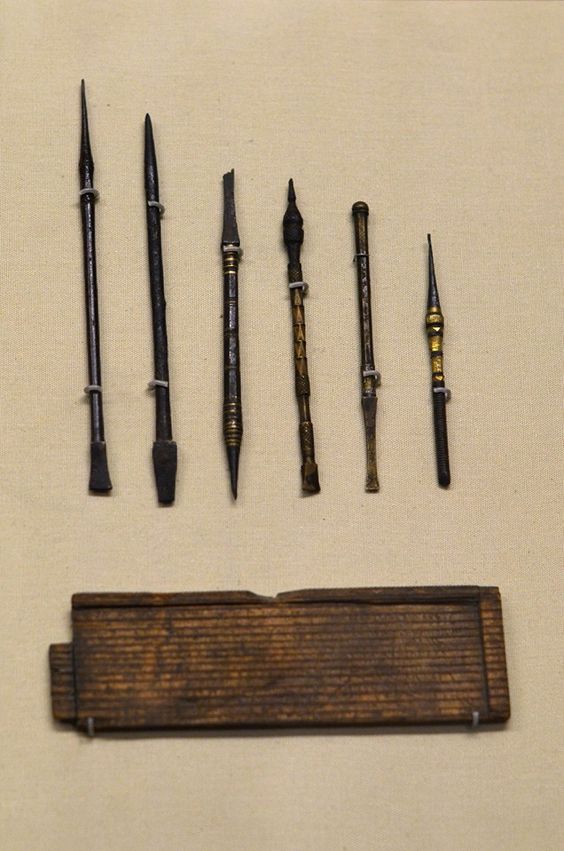
• • •
Missing some Tweet in this thread? You can try to
force a refresh



